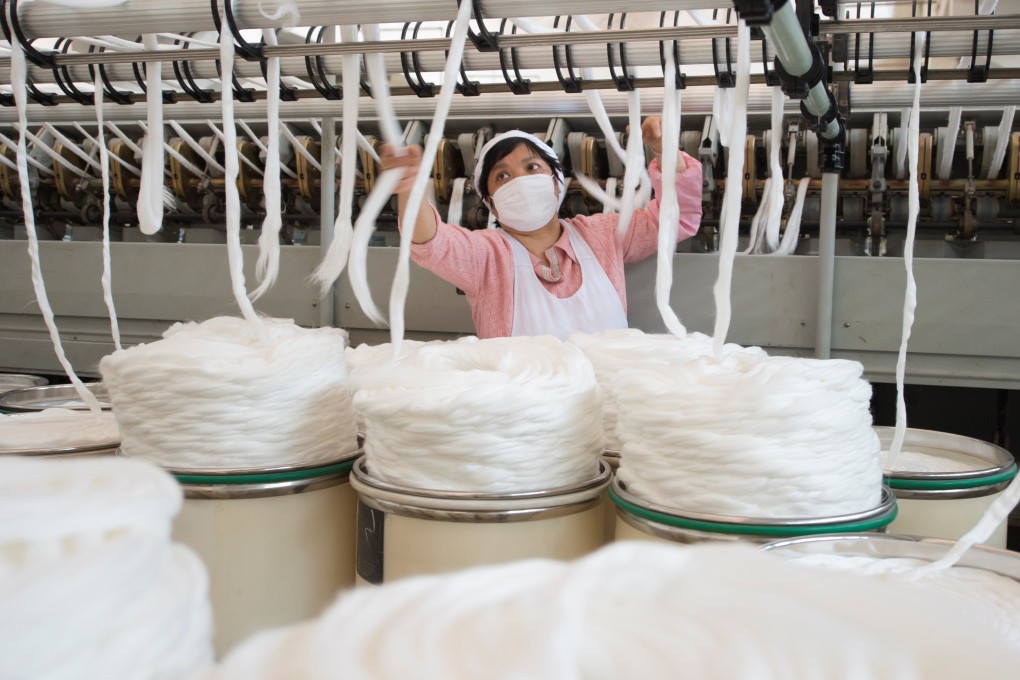Coronavirus: clock ticking for China to stop foreign firms fleeing country, report says
- Labour-intensive industries like textiles and heavy polluters likely to be the first to leave if Beijing does not restore confidence, scientists say
- Exodus could result in China becoming a ‘hollow economy’, report says

Labour-intensive textile production, hi-tech electronics and pollution-heavy industries like metal smelting could be the first to leave if the government failed to contain the spread of the deadly virus by the end of the month, the experts said in a report published on Monday in the Bulletin of the Chinese Academy of Sciences.
“Because supplier replacement requires a time base and related capital investment, the costs associated with industrial chain transfers usually are relatively high,” it said. “Under the premise that domestic production can be restored in a short period of time, the impact of this epidemic on the external transfer of China’s industrial chain will be limited.”
Days after Beijing declared a national emergency with countrywide quarantine measures to contain the outbreak that was first detected in Wuhan in December, US Commerce Secretary Wilbur Ross said it “will help to accelerate the return of jobs to North America”.